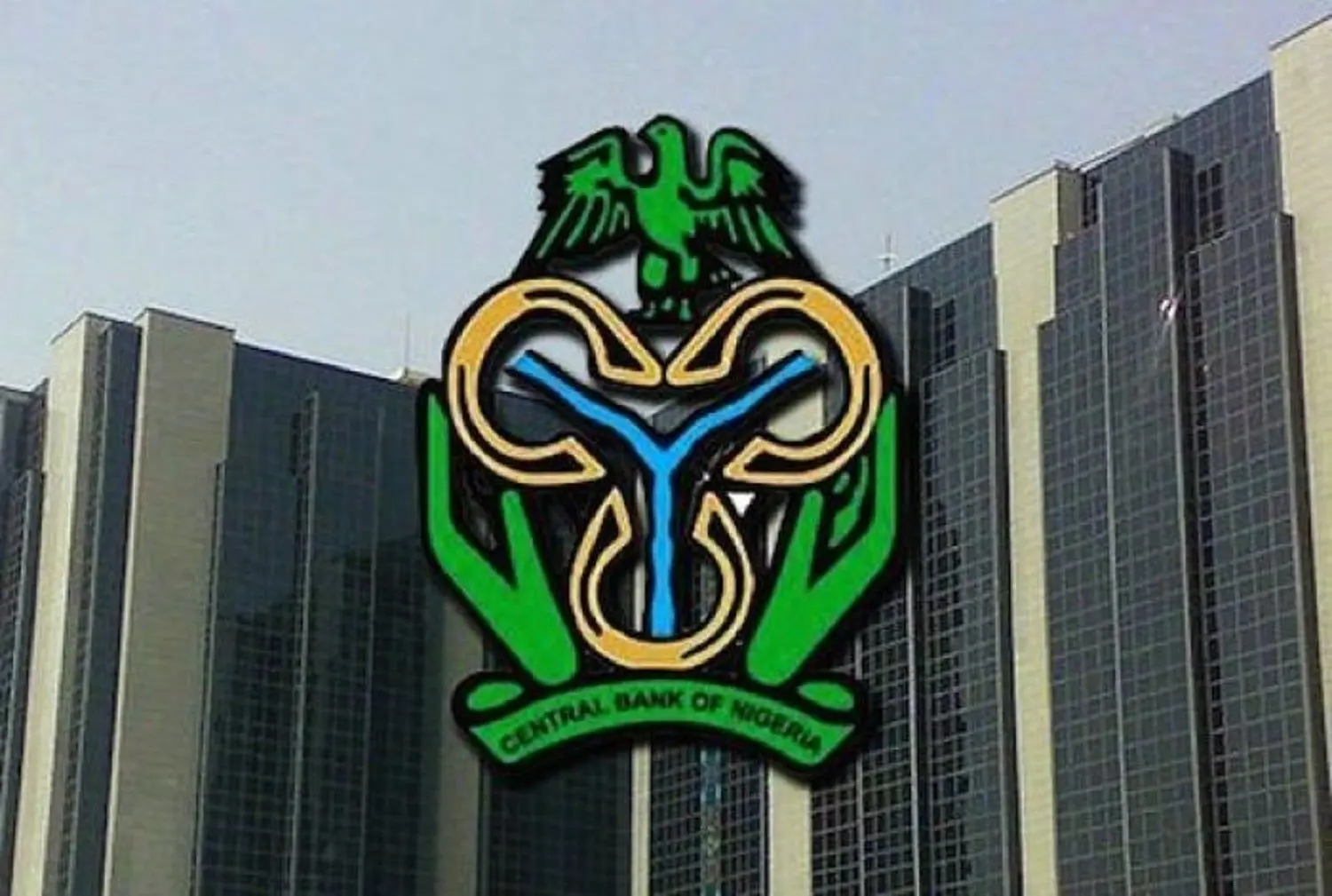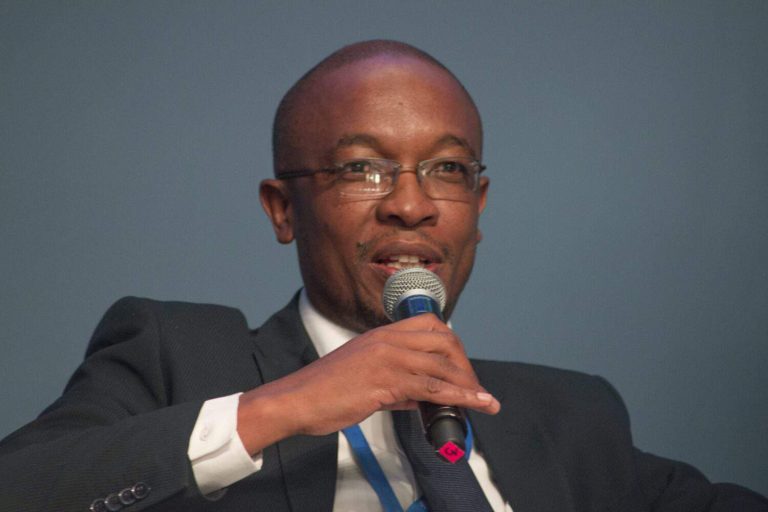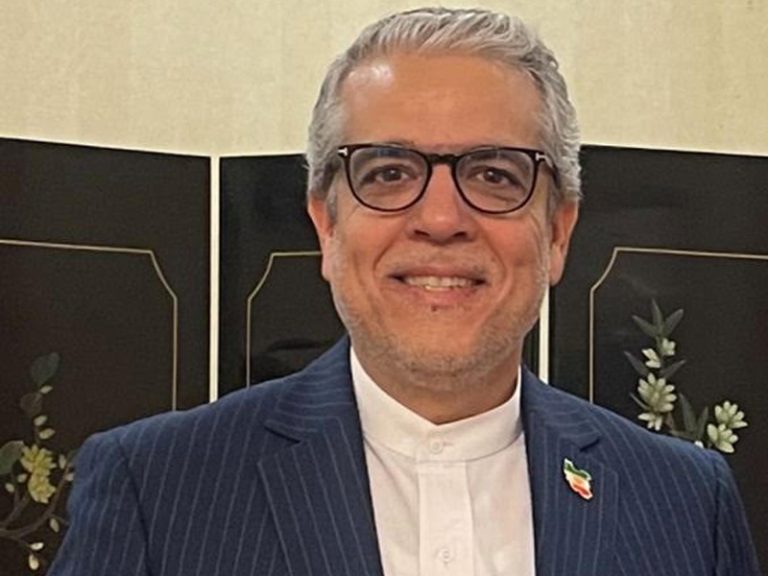
Nigeria’s external reserves have surged to their highest level in six years, crossing the $42 billion mark for the first time since September 2019. According to fresh data from the Central Bank of Nigeria (CBN), reserves stood at $42.03 billion as of September 19, 2025, signalling a sharp rebound and renewed optimism around the country’s foreign exchange outlook.
The latest figures reflect a consistent recovery trend that began in July, when reserves dipped to a 2025 low of $37.18 billion. Since then, Nigeria has added nearly $4.85 billion to its external buffers, a 13.05% jump in less than three months.
This momentum represents the strongest reserve performance recorded since September 26, 2019, when Nigeria’s reserves last touched $42.05 billion. The uptrend also reverses several years of pressure stemming from volatile oil prices, rising import demand, and persistent FX market interventions.
What makes the current rally stand out is its unbroken streak of growth. From September 1 to 19, Nigeria’s reserves increased by $610.8 million, averaging nearly $47 million in daily gains. In just the four business days between September 15 and 19, the reserves rose by $583 million, indicating a surge in foreign inflows and reduced outflows.
Compared with the $41.99 billion recorded on September 18, the reserves grew by $40 million in a single day. Since the start of September, when reserves stood at $41.42 billion, the gain has totalled $610 million.
The trajectory is even more impressive when viewed against the August 29 figure of $41.31 billion, meaning reserves have grown by $727.3 million (or 1.76%) in just over three weeks.
Year-to-date, the reserves are up by $1.15 billion or 2.83%, rising from $40.88 billion at the end of 2024.
What’s Driving the Surge?
Economists and analysts attribute the upward trend to a mix of factors, including:
- Improved oil earnings
- Steady diaspora remittances
- Stronger non-oil revenue inflows
- Increased foreign portfolio investments
The performance has been described as a “psychological boost” for the Nigerian economy, especially amid concerns over naira depreciation, rising inflation, and debt obligations.
In a recent report, analysts at Cowry Assets Management said the rebound could strengthen the Central Bank’s ability to intervene in the FX market, potentially reducing pressure on both the official and parallel exchange rates.
“With stronger reserves, the CBN has greater flexibility to stabilise the naira and maintain its interventionist stance,” the report noted. “If current trends continue, we expect reserves to approach $45 billion by the end of the year.”
While the rally is encouraging, analysts warn that the gains could be reversed by:
- Global market volatility
- Sudden capital outflows
- Weak oil production
- Declining global crude prices
Nevertheless, the consensus remains optimistic. A combination of transparent FX policies, coherent fiscal-monetary coordination, and sustained inflows could help Nigeria rebuild its reserves further,possibly returning to the mid-2010s levels above $45 billion.
Beyond the optics, the reserve build-up has real economic implications. It boosts Nigeria’s import cover, a measure of how many months of imports a country can finance with its reserves and improves investor confidence, especially among credit rating agencies and international lenders.
Stronger reserves also reduce the risk of default on external obligations, giving the government more breathing room to manage debt and fund critical imports like fuel, machinery, and food.
Turning the Page
From a low of $37.18 billion in July to $42.03 billion in mid-September, Nigeria’s foreign reserve story in 2025 has dramatically shifted from one of vulnerability to one of resilience.
Whether this upward momentum can be sustained into the fourth quarter will be key to stabilising the naira, strengthening economic fundamentals, and maintaining external confidence.
For now, the milestone offers a rare window of opportunity for policymakers to capitalise on improved liquidity and reinforce structural reforms in the FX and trade sectors.



